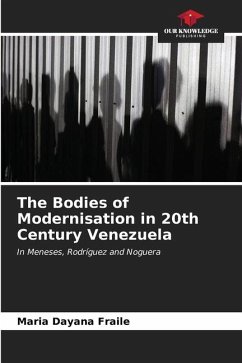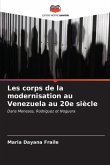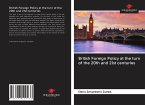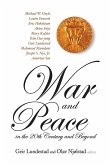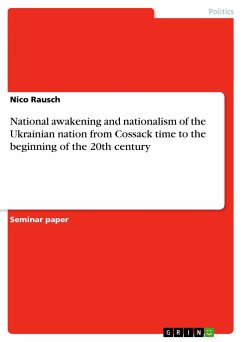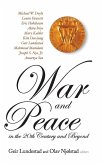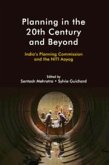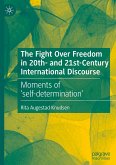Guillermo Meneses undertakes the culmination of his aesthetic project in his latest novel. He shows the modernisation and consolidation of Caracas as a cosmopolitan city. This forms the backdrop for the deployment of an avant-garde urban regionalism that attempts a new definition of Venezuelanness, resorting to a mythifying process that configures a narrative space in which the defence of popular sectors and their leading roles is expressed. In the bars of the bad life and in the Society of the Friends of God, a community of practitioners of the magical-religious rites associated with María Lionza, Meneses' character claims to have discovered solidarity and human kindness, a kind of antidote to bourgeois technocracy. Towards the end of the article, this same component is explored in the works of Carlos Noguera and Renato Rodríguez, which begin to be read as postmodern narratives in which the composition of a body destined for the life of the city continues to develop.
Bitte wählen Sie Ihr Anliegen aus.
Rechnungen
Retourenschein anfordern
Bestellstatus
Storno

